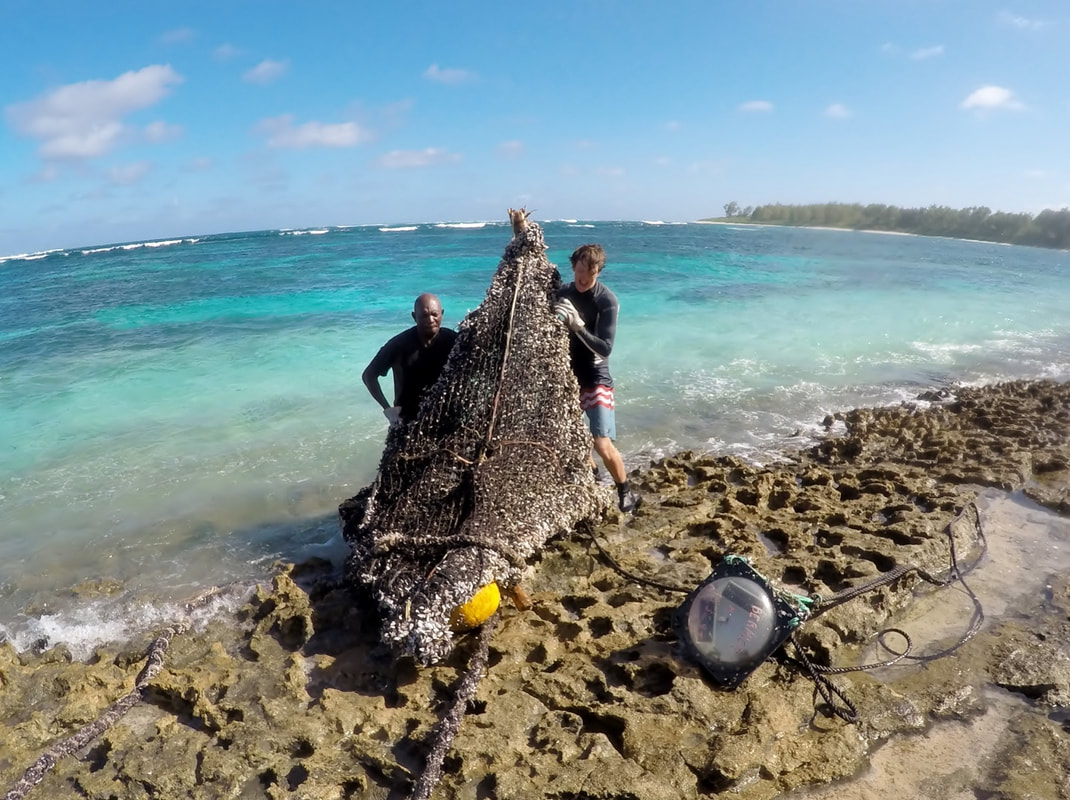|
Many thousands of FADs are dumped in the Indian Ocean each year and in most cases are not recovered. This has increased the productivity of the fishing fleet but has brought significant environmental costs. The average FAD-caught fish is smaller and the catch includes a substantial number of juveniles. There is a relatively large bycatch including several species of pelagic sharks. The Indian Ocean FAD-based purse seine fishery has the highest percentage of bycatch in the world, 25%, compared to a global average of 16% (Daghorn et al 2013). Turtles also become entangled by ropes and netting beneath FADs and drown. FADs inflict considerable damage when they wash ashore at coral reefs. ICS will actively engage with the relevant parties to carry out a review and revision of (i) the existing FAD MANAGEMENT PLAN and (ii) the new FAD WATCH Agreement during this calendar year. Discussions should focus around:
It is proposed that ICS should commence and lead discussions with the relevant parties with a view to achieving a comprehensive revision of the two agreements mentioned. It is intended that these discussions should start in July this year with a view to finalisation and execution in 2022. The full paper can be downloaded here
0 Comments
Your comment will be posted after it is approved.
Leave a Reply. |
Categories
All
Archives
June 2024
|


